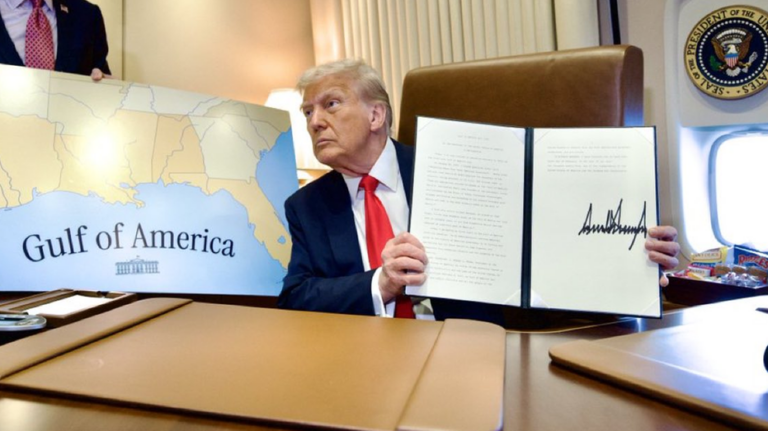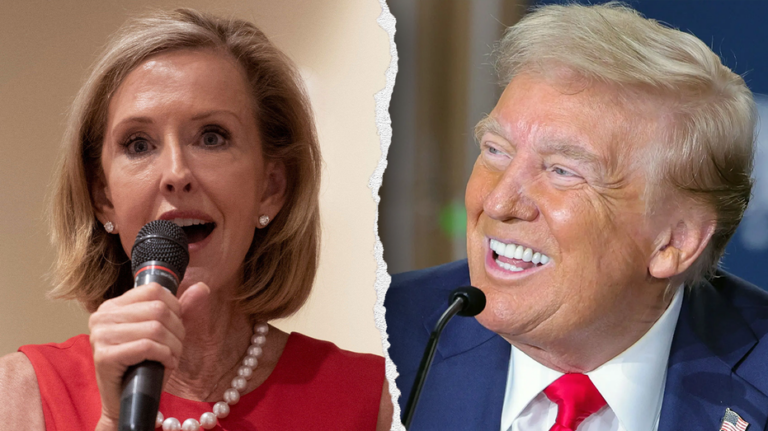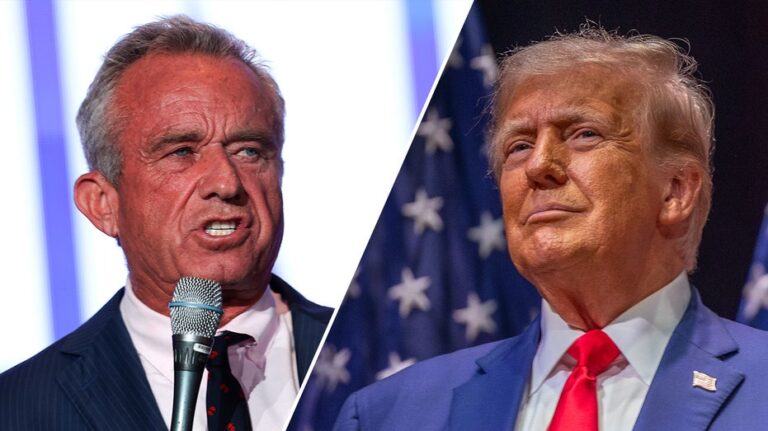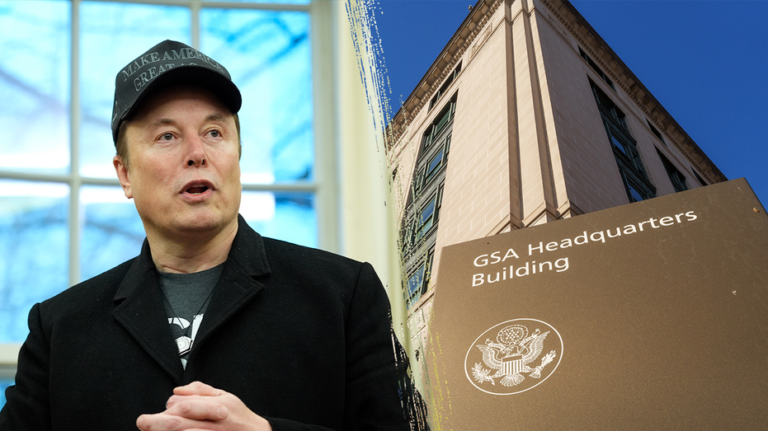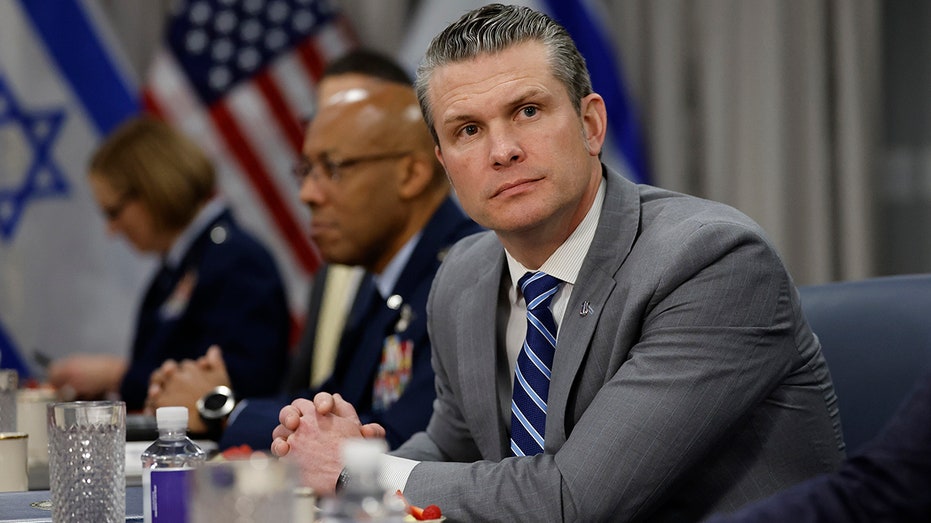
Secretary of Defense Pete Hegseth said “returning to Ukraine’s pre-2014 borders is an unrealistic objective” during his first visit to NATO headquarters.
Secretary of Defense Pete Hegseth told allies at NATO headquarters Wednesday that “returning to Ukraine’s pre-2014 borders is an unrealistic objective,” as President Donald Trump is working to bring an end to the war.
Hegseth, speaking to the Ukraine Defense Contact Group in Belgium, also said “stark strategic realities prevent the United States from being primarily focused on the security of Europe” because the U.S. is focusing on “securing our own borders” and “deterring war with China in the Pacific.”
“President Trump has been clear with the American people — and with many of your leaders — that stopping the fighting and reaching an enduring peace is a top priority,” Hegseth said about Ukraine, noting that the war is approaching its third anniversary.
“He intends to end this war by diplomacy and bringing both Russia and Ukraine to the table. And the U.S. Department of Defense will help achieve this goal,” Hegseth continued. “We want a sovereign and prosperous Ukraine. But we must start by recognizing that returning to Ukraine’s pre-2014 borders is an unrealistic objective. Chasing this illusionary goal will only prolong the war and cause more suffering.”
In early 2014, Russia first invaded Ukraine’s Crimean Peninsula before annexing the region. Russian President Vladimir Putin then launched a larger military conflict with Ukraine in 2022, which remains ongoing.
“A durable peace for Ukraine must include robust security guarantees to ensure that the war will not begin again,” Hegseth said Wednesday. “The United States does not believe that NATO membership for Ukraine is a realistic outcome of a negotiated settlement. Instead, any security guarantee must be backed by capable European and non-European troops.”
“If these troops are deployed as peacekeepers to Ukraine at any point, they should be deployed as part of a non-NATO mission and not covered under Article 5. There also must be robust international oversight of the line of contact,” he continued. “To be clear, as part of any security guarantee, there will not be U.S. troops deployed to Ukraine.”
ZELENSKYY CALLS TRUMP’S TERMS ACCEPTABLE FOR SECURITY PARTNERSHIP
Trump, during an interview with Fox News’ Bret Baier on “Special Report,” said “tremendous progress” has been made over the last week when it comes to a Ukraine-Russia peace deal.
“They have tremendously valuable land in terms of rare earth, in terms of oil and gas, in terms of other things. I want to have our money secured because we’re spending hundreds of billions of dollars,” Trump said about Ukraine. “And, you know, they may make a deal. They may not make a deal. They may be Russian someday, or they may not be Russian someday.”
“I told them that I want the equivalent, like $500 billion worth of rare earth. And they’ve essentially agreed to do that. So at least we don’t feel stupid. Otherwise, we’re stupid,” Trump added. “I said to them, we have to, we have to get something. We can’t continue to pay this money, you know.”
In an interview this week with The Guardian, Ukraine President Volodymyr Zelenskyy said “There are voices which say that Europe could offer security guarantees without the Americans, and I always say no” and that “Security guarantees without America are not real security guarantees.”
Hegseth also said he is in Brussels today to “directly and unambiguously express that stark strategic realities prevent the United States from being primarily focused on the security of Europe.”
“The United States faces consequential threats to our homeland. We must — and we are — focusing on securing our own borders,” he said. “We also face a peer competitor in China with the capability and intent to threaten our homeland and core national interests in the Indo-Pacific.”
“The U.S. is prioritizing deterring war with China in the Pacific, recognizing the reality of scarcity, and making the resourcing tradeoffs to ensure deterrence does not fail,” Hegseth added. “As the United States shifts its attention to these threats, European allies must lead from the front.”
